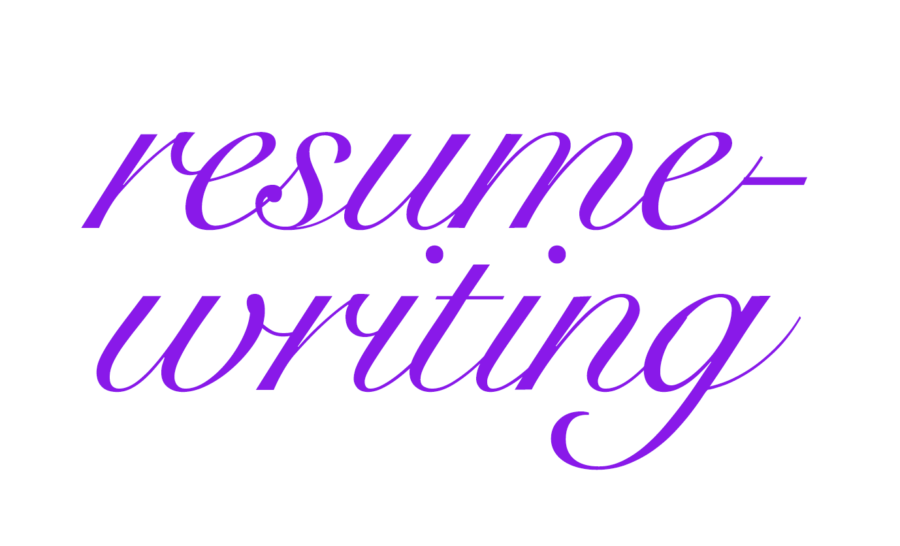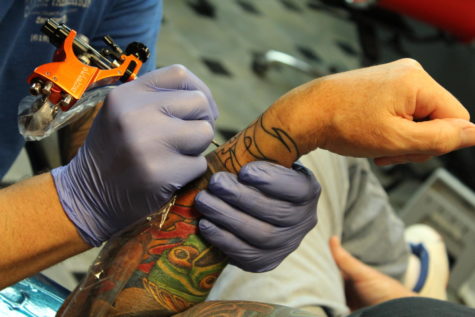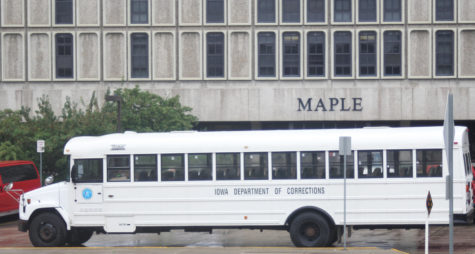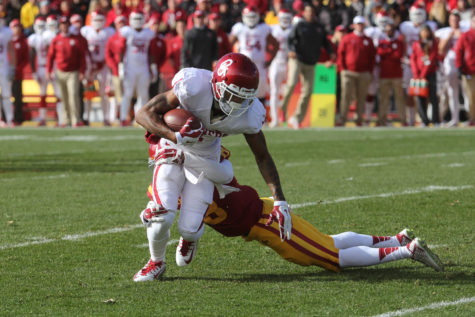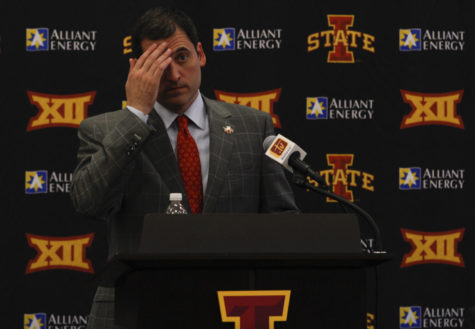Five not-too-stereotypical resume-writing tips
The web is saturated with resume “do”s and “don’t”s, but what are some good, modern tips? Keep it real, keep it honest, keep it fun.
July 9, 2015
Well I’m halfway through my time here at ISU and I’m looking for a new part-time work experience in order to boost my resume. The problem is that my resume itself needed a facelift before applying to all these potential employers.
While trolling the Intranet for helpful hints when writing my new resume, I came across a Forbes article and an article from Monster. This information, paired with my own experiences, I’ve come up with some hints on how you can write your better resume.
1. Get rid of the white lies.
Yeah, they might not seem like a big deal, but all those little fibs can come back to bite you. Avoid stretching the truth with your employment times, don’t claim competencies that you don’t truly know and don’t profess a passion for something you really don’t care for.
2. Talk in numbers, not just words.
Boost your resume effectiveness by quantifying your actions. Telling how small of a budget you worked with, how many people attended the conference you spoke at or the length of the document you compiled was can back up your information, making it have greater impact.
3. Be specific, and maybe a bit silly, with your interests.
“My interests include travelling, cooking and watching sports.” Oh really? Cooooool. That statement gets the job done, but you could show your personality and make your resume stand out that much more by telling of your true, specific interests. For example, you like watching movies, but you like watching Tim Burton films the best. You enjoy baking, but producing custom cupcake tiers is a profitable hobby of yours. Do you collect something? Spill it. Be fun with it, but make sure you stay honest.
4. Don’t waste your resume space.
You basically need to fit your whole professional life onto one side of a piece of letter-size paper, so you need to appropriate space wisely. For example, you don’t necessarily need to detail out your past job description if your potential employer is likely to know what you’d done in that past position.
5. If you did something impressive, make sure it’s known.
Impressive things are awesome, but there are so many awards, selective programs or whatever else that people don’t know about. Long story short: you got into a picky college and you put that on your resume, but one potential employer doesn’t know how selective that college is so the employer doesn’t appreciate the information as much as it should be appreciated. If your program has a small acceptance rate, if a specific competition had hundreds of participants or you had to beat out a number of people to secure an internship then make it known.

